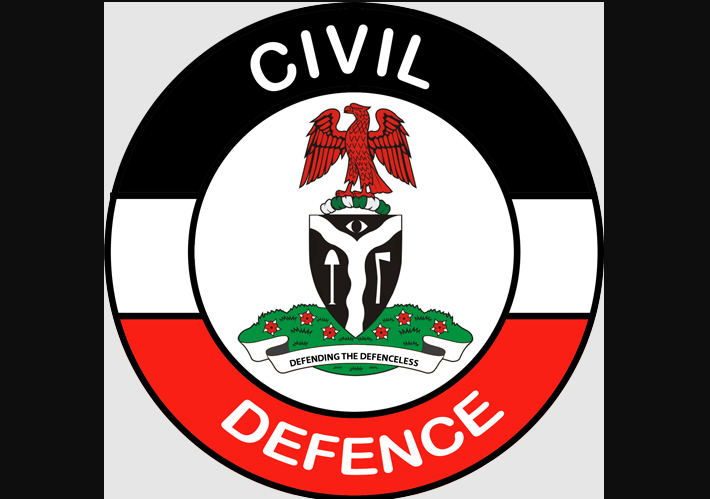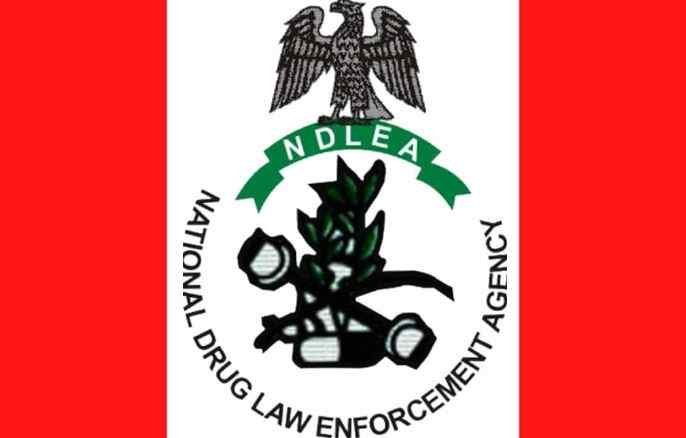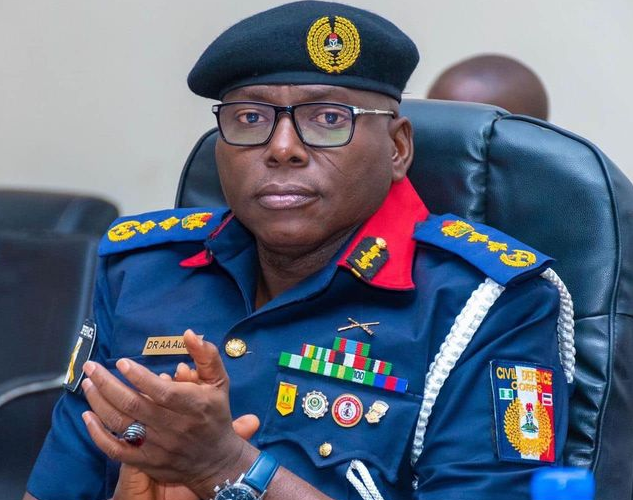
Full Meaning Of NSCDC And Functions
This is the most comprehensive guide to thee full meaning of NSCDC. In this guide, you’ll learn about its functions, organizational structure, and lots more.
READ ALSO: When Was NDLEA Established; Who Established NDLEA?
What Is NSCDC?
The Nigeria Security and Civil Defence Corps (NSCDC) is a paramilitary organization established in Nigeria.
It was first introduced in May 1967 during the Nigerian Civil War, initially known as the Lagos Civil Defence Committee.
The NSCDC was officially formed under the Nigeria Security and Civil Defence Corps Act in 2003, which was amended in 2007.
However, the agency aims to protect citizens and national assets. Over the years, it has developed to address different security concerns in Nigeria, with a presence across all states and a structured command system to enhance its operations.
NSCDC’s Functions And Responsibilities
Here are the core functions, and responsibilities of the Nigeria Security and Civil Defence Corps (NSCDC):
Maintaining Peace And Order:
The NSCDC helps to keep peace and order in Nigeria. They are there to protect people and help during emergencies.
For example, if there is a natural disaster or a dangerous situation, the NSCDC will warn people, help them leave dangerous areas, and restore calm where needed. Their work ensures that civilians are safe and can get the help they need in tough times.
Protecting Critical Infrastructure:
Another core responsibility of the NSCDC is to protect infrastructure. This includes things like power lines, oil pipelines, and telecommunications equipment.
They keep a close watch on these assets 24 hours a day to make sure they are not damaged or stolen.
If anyone tries to vandalize or damage these vital structures, the NSCDC has the authority to arrest them and take legal action.
Combating Terrorism And Crime:
The NSCDC also works to prevent and fight terrorism and crime. They monitor and investigate activities that could lead to terrorism, including cult groups and ethnic militias.
Also, they aim to stop crimes that threaten people’s lives or property and tackle fraud against the government.
The NSCDC has the power to arrest suspects and help control crime in the country.
Providing Emergency Response:
In emergencies, the NSCDC provides help. They are involved in search and rescue operations, giving first aid, and decontamination.
Also, they help with firefighting, distributing emergency supplies, and fixing important public utilities that may be damaged during a crisis. Their role is to ensure that immediate needs are met and that communities recover quickly from disasters.
Regulating Private Guard Companies:
The NSCDC manages private guard companies in Nigeria. They are responsible for registering these companies, inspecting their operations, and ensuring they follow the rules.
This includes approving the training these companies provide and taking action against those operating without a proper license.
Besides these main duties, the NSCDC also gathers and provides intelligence to the government about crimes, riots, strikes, and other security issues. They mediate disputes between people who are willing to settle their differences peacefully.
READ ALSO: What Is The Full Meaning Of NDLEA And Their Functions
NSCDC’s Organizational Structure
The Nigeria Security and Civil Defence Corps (NSCDC) has an organized structure to manage its responsibilities.
This structure is created to help the NSCDC protect lives, property, and national security.
Command Structure
At the top of the NSCDC is the Commandant General, who is the chief leader of the organization. This person sets the direction for the NSCDC, makes policies, and provides overall leadership.
The Deputy Commandant General (DCG) helps the Commandant General by overseeing operations and can act in their place if needed.
Below the DCG are the Assistant Commandants General (ACGs). Each ACG manages a specific area or department, making sure that policies are followed properly.
Directorates
The NSCDC has different directorates, each responsible for different tasks:
Directorate Of Administration:
Manages human resources, including hiring, training, and personnel welfare. It also handles logistics, like getting and distributing equipment, and administrative tasks like record-keeping.
Directorate Of Operations:
Oversees field operations related to security and emergencies. This directorate creates plans for disaster management and ensures the NSCDC is prepared through drills and training.
Directorate Of Intelligence And Investigation:
Collects information on security threats and criminal activities. It also investigates incidents involving vandalism, terrorism, or unrest and works with other security agencies for intelligence sharing.
Directorate Of Disaster Management:
Plans and manages disaster preparedness and response. They work with local authorities during emergencies and provide training on disaster management to both personnel and the public.
Directorate Of Critical Infrastructure Protection:
Focuses on protecting national assets like oil pipelines, power plants, and communication facilities.
It implements measures to prevent vandalism and works with other agencies for integrated security.
Directorate Of Technical Services:
Provides technical support for operations, maintains equipment, and develops new technologies for security.
Directorate Of Policy And Planning:
Creates policies that guide the NSCDC’s operations and align its goals with national security objectives. It monitors how these policies are implemented.
READ ALSO: List Of All Chairmen Of ICPC In Nigeria (2000-Present)
Regional Commands
To improve efficiency, the NSCDC is divided into regional commands across Nigeria. Each region is managed by a state commandant who reports to the Commandant General.
The regions are:
- North Central Zone
- North East Zone
- North West Zone
- South East Zone
- South-South Zone
- South West Zone
Each zone includes several states and local government areas to ensure local response capabilities.
Ranks And Cadres
The NSCDC uses a rank system similar to the military, with both senior and junior ranks:
- Commandant General (Level 18)
- Deputy Commandant General (Level 17)
- Assistant Commandant General (Level 16)
- Chief Superintendent (Level 15)
- Superintendent (Level 14)
- Deputy Superintendent (Level 13)
- Assistant Superintendent (Levels 11–12)
- Inspector (Levels 8–10)
- Sergeant Major (Level 7)
- Corporal (Levels 5–6)
- Constable/Assistant Cadre (Levels 3–4)
This rank structure helps maintain clear communication and effective operations within the corps.
READ ALSO: List Of Nigeria Inspector Generals Of Police (1964-Present)
Training Institutions
The NSCDC runs several training centers to improve the skills of its members:
- Civil Defence Academy in Sauka
- College of Peace and Disaster Management in Katsina
- College of Security Management in Ogun State
- Training Schools Across States


